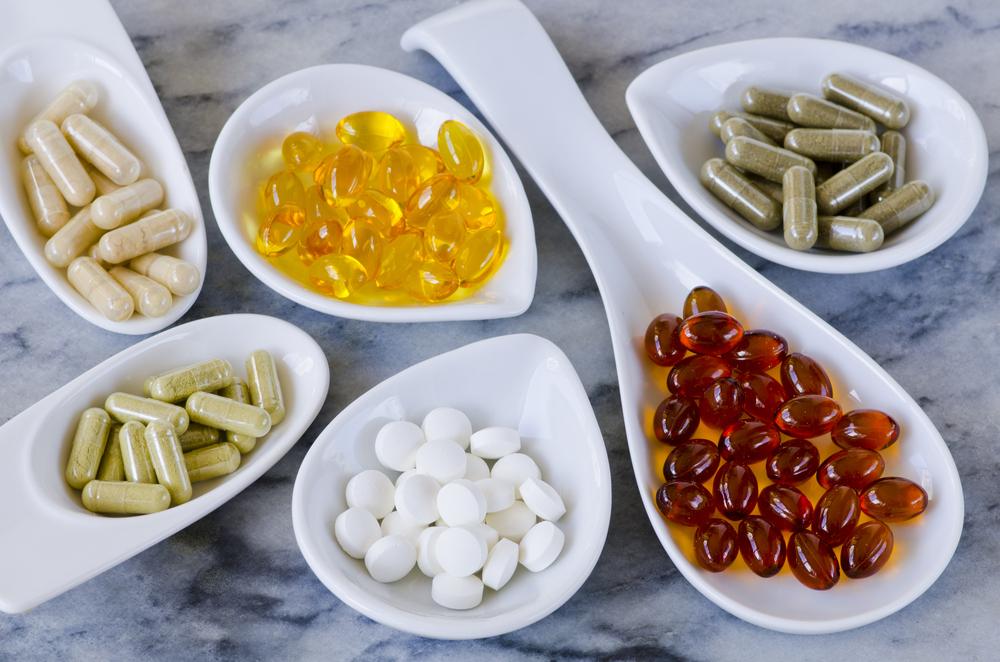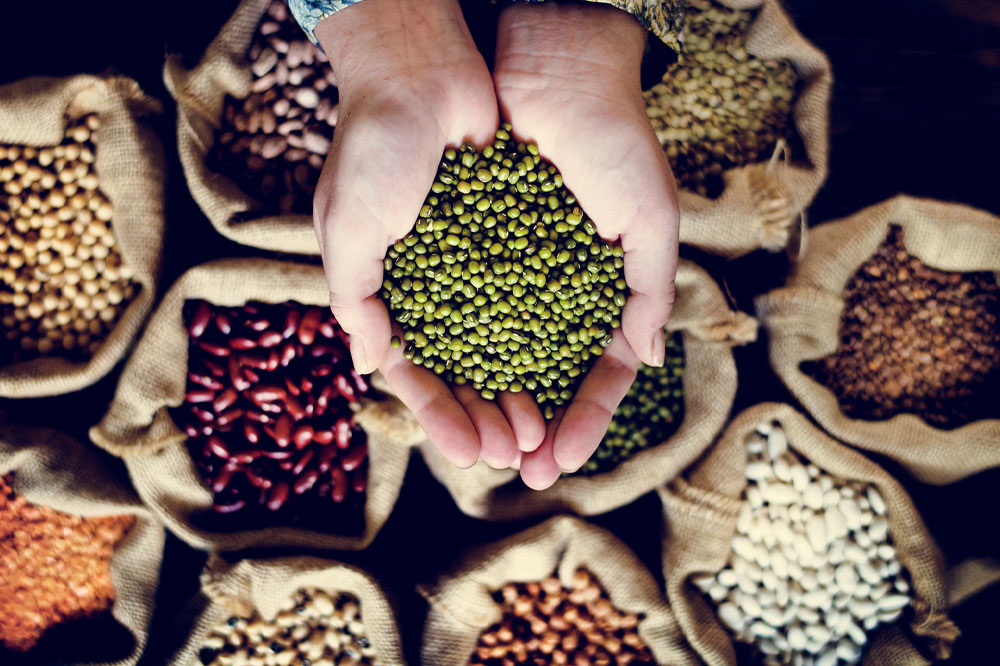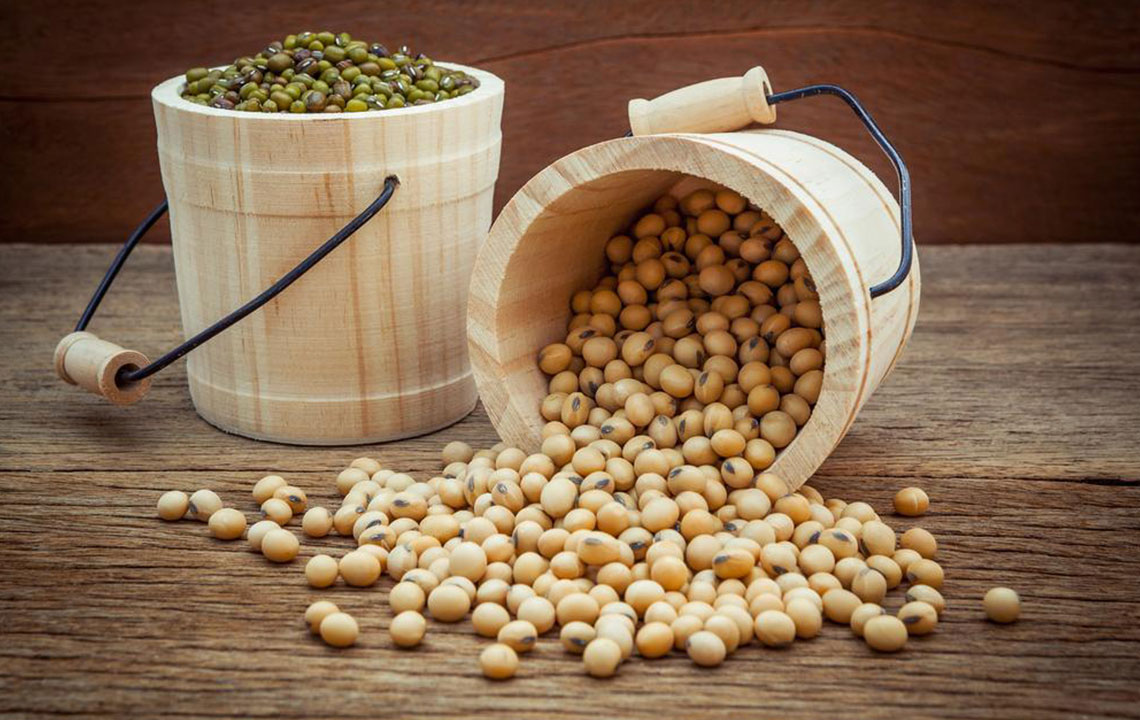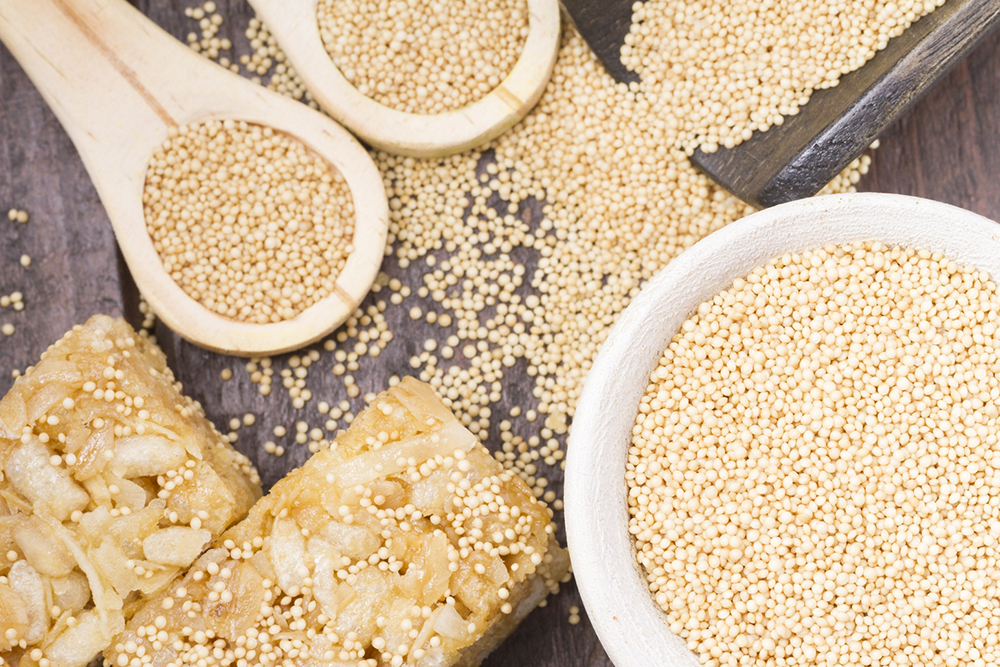Essential Benefits of Potassium for Health and Wellness
Discover the vital role of potassium in promoting health, from managing blood pressure to strengthening bones. This article highlights key foods rich in potassium, symptoms of deficiency, and its importance during pregnancy and for diabetics. Incorporate these minerals into your diet for improved wellbeing and disease prevention, while understanding potential risks for those with kidney issues. Expert advice is recommended to optimize health benefits.
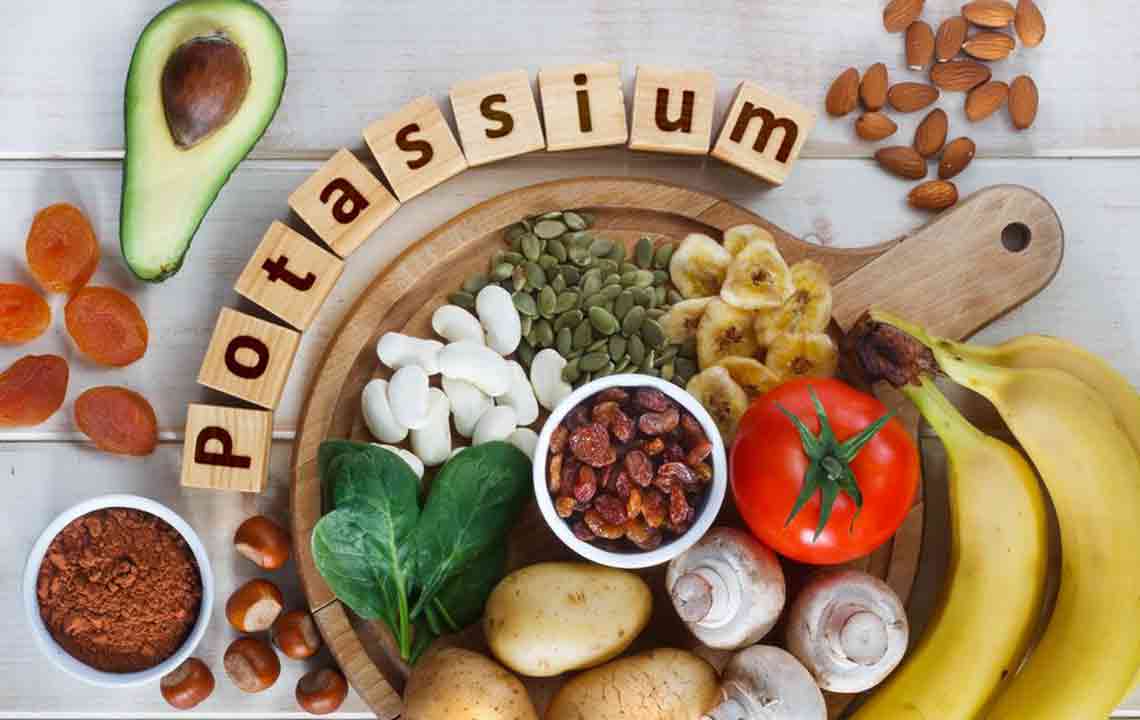
Understanding the Importance of Potassium
Potassium is a vital mineral that plays a crucial role in maintaining overall health. Present in every cell, it is indispensable for life itself. Many overlook the importance of minerals and vitamins in their diet, but foods rich in potassium contribute significantly to bodily functions. This mineral helps regulate fluid balance, supports normal brain, nerve, heart, and muscle activity, and reduces high blood pressure, lowering the risk of strokes. Daily intake of potassium is key to preventing chronic health problems.
Insufficient potassium levels can lead to fatigue, insomnia, depression, muscular weakness, and cardiovascular issues. As an essential electrolyte, potassium assists in protein synthesis, carbohydrate metabolism, muscle building, growth regulation, heart electrical activity, and acid-base balance. Deficiency symptoms include dry skin, chills, nervousness, digestive disturbances, edema, low blood pressure, muscle cramps, and growth complications. Ensuring adequate potassium intake is vital for health.
Role in Managing Blood Pressure
A diet rich in fruits, vegetables, low-fat dairy, poultry, seeds, fish, beans, whole grains, and nuts can help lower blood pressure by counteracting sodium's effects. Potassium supplements may also aid in controlling blood pressure for both healthy and sensitive individuals. During pregnancy, increased blood volume necessitates higher potassium intake—about 4700 mg daily during pregnancy and 5100 mg during lactation—to support the body's extra fluid needs.
Supporting Bone and Kidney Health
Higher potassium intake is linked to increased bone mineral density, helping prevent osteoporosis by neutralizing dietary acids that deplete calcium from bones. Conversely, excessive consumption of potassium-rich foods can be risky for people with kidney disorders, as it may increase urinary calcium and risk kidney stone formation. Diabetic individuals benefit from adequate potassium to prevent ketoacidosis, which can cause potassium depletion.
Key Potassium-Rich Foods
Dry fruits like apricots and prunes offer around 40-43% of daily potassium needs per serving.
100 grams of dates provide about 618 mg, covering approximately 19% of daily requirements.
Coconut water contains roughly 600 mg per cup, fulfilling 17% of daily intake.
A baked sweet potato supplies about 450 mg of potassium, making it a nutritious choice.
Bananas are convenient sources, with a medium banana providing about 22 mg.
Mushrooms, beans, spinach, yogurt, and fish like salmon are also excellent sources of this essential mineral.
Incorporating potassium-rich foods into your diet supports immune function, muscle strength, and overall health. Maintaining an adequate daily intake can significantly impact disease prevention and wellness. Always consult healthcare providers before making dietary changes, especially if you have health conditions.


